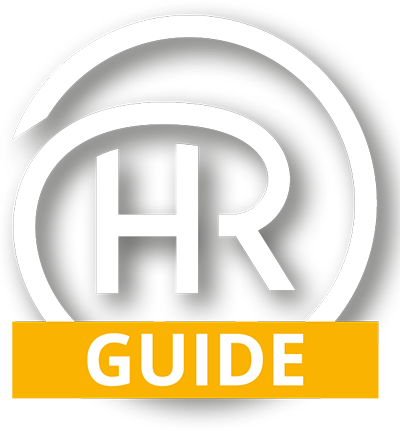Managing Agency Workers - An Introduction and Overview
Written by Andrew Johnson, Founder and CEO HRGuide - Sun 2nd Jun 2024
Introduction
By definition and under the Agency Workers Regulations 2010 (the ‘Regulations’), an agency worker is an individual supplied by a temporary work agency to work temporarily under the supervision and direction of a hirer. (The company they are supplied to is known as the hirer).
The Regulations only cover a relationship where the agency worker has a contract with and is paid by the agency, not the hirer. The Regulations do not affect other casual workers which includes staff working on a service that is being provided by a managed service provider (for example a company that provides HR services to other companies), or employees who are placed into permanent employment via a recruitment agency.
The Regulations explained
The Regulations give Agency Workers rights from Day 1 and from week 12.
Day 1 rights
Certain rights are afforded to agency workers on their first day of assignment. These rights are:
• to be told of relevant vacancies in the hirer’s organisation – a general announcement on a notice board or on the Company intranet.
• to be treated no less favourably than a comparable worker in relation to ‘collective facilities and amenities’ – the Regulations state that this includes, restaurants, canteens, childcare facilities and transport services. It would also include car parking, staff rooms, on-site gyms, shower facilities, and mother and baby rooms.
• A written statement of particulars and an itemised payslip (this was introduced in April 2020).
Hirers are responsible for ensuring that all agency workers they use get their day 1 rights. The hirer is solely responsible for any breaches relating to these rights.
12-week rights
If agency workers have completed 12 weeks service (the qualifying period), they will have the right to the same basic working and employment conditions they would have received if they had been recruited directly by the hirer to do the same job. This covers terms and conditions relating to:
• pay
• the duration of working time
• night work
• rest periods and rest breaks
• annual leave.
In addition, pregnant agency workers who have completed the 12-week qualifying period are entitled to paid time off for ante-natal appointments. Agency workers who have completed the 12-week qualifying period and are in a ‘qualifying relationship’ with a pregnant woman or her expected child are entitled to take unpaid time off to accompany the woman to two ante-natal appointments.
It is the agency, not the hirer, which is responsible for providing these terms and conditions to the agency worker. For example, it is the agency which is responsible for paying the agency worker. However, in practice, the hirer is likely to need to provide certain information to the agency to enable it to provide the terms and conditions to the agency worker.
The agency is responsible for setting the agency worker’s terms and conditions and will therefore be liable for any breach in relation to the 12-week rights, but this is only to the extent that it was responsible for the infringement. The hirer will also be responsible to the extent it was at fault. It will be the hirer’s responsibility, for example, to pass on the correct information to the agency about the basic working conditions of its comparable employees or update the agency about any change in pay. If the hirer fails to do this or gives the agency incorrect information which means that the agency worker’s rights are infringed, liability will transfer from the agency to the hirer.
Agency Workers Pay
The Regulations interpret the term ‘pay’ widely as meaning all sums payable to a worker in connection with the employment (subject to specific exceptions). For example, the following types of ‘pay’ would need to be matched:
• salary/wages/commission
• holiday pay
• overtime
• shift allowances/car allowances
• vouchers and stamps (if they can be exchanged for money, goods or services, and they are of fixed value expressed in £s terms.
Benefits not included
Benefits that are not ‘sums payable’ need not be matched. For example, the following do not need to be matched:
• benefits in kind
• company car
• percentage discounts
• insured benefits
• pension contributions
• redundancy pay
• share or option schemes.
• sick pay, family leave pay, notice pay and benefits provided through salary sacrifice also need not be matched.
Get expert advice on Agency Workers from HRGuide
It's important to understand your relationship and responsibilities toward agency workers.
For complete support simply subscribe to hrguide.co.uk where you can access our detailed HR How to Guides as well as all the template HR Letters and Forms to support you as well as our model policy documents at https://www.hrguide.co.uk/subscribe.php
In addition, as a subscriber you can simply call us on our HR Helpline for expert advice.

